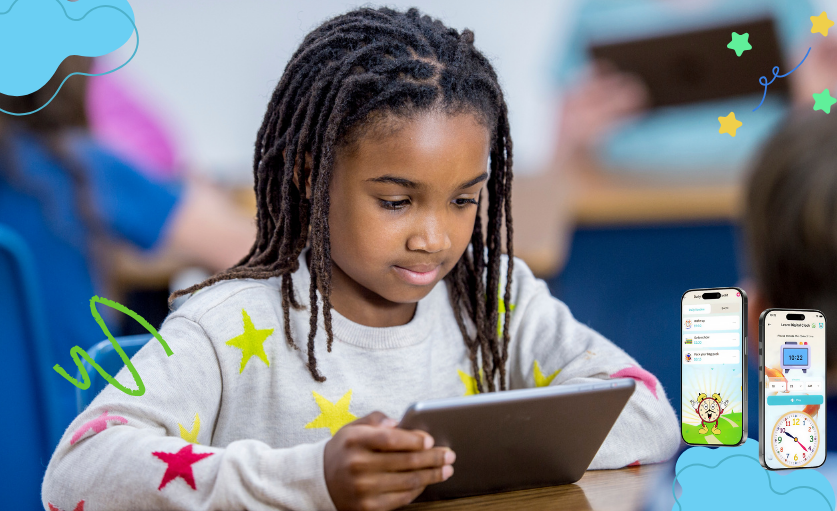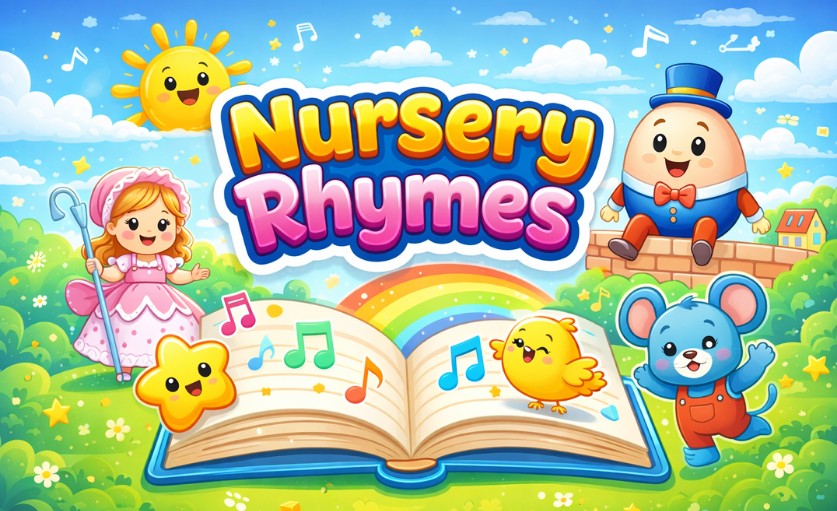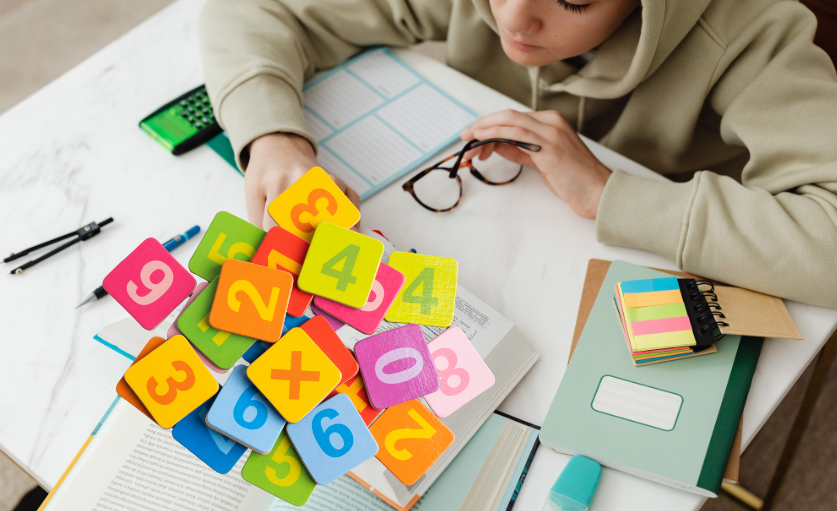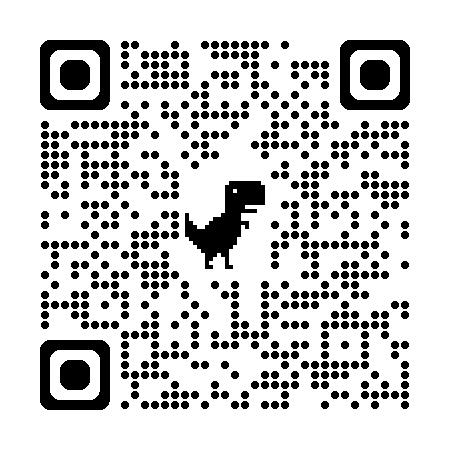For young children, learning numbers and fundamental mathematical ideas could sometimes seem like a work. Flashcards, rote memorization, and countless worksheets can rapidly cause disengagement and even a math anxiety. But suppose we could turn this apparently inflexible topic into an intriguing adventure? The secret is the ability of math puzzles for early learners to be quite powerful. These interesting exercises help to create a love of mathematics from the very beginning by transforming the learning of numbers into joyful inquiry.
Imagine a young youngster excitedly awaiting the next vibrant puzzle that will reveal a number mystery rather than fearing a math class. This is the reality Math Puzzles for Early Learners can produce, not some dream. We leverage a child’s inherent interest and need to solve issues by introducing mathematical ideas as games and challenges. This lighthearted approach not only makes learning fun but also aids in more meaningful solidification of knowledge.
Value of Early Mathematical Ability
Before we explore the realm of Math Puzzles for Early Learners, let’s first consider the reasons behind the great relevance of a good basis in early math. Studies repeatedly reveal a substantial relationship between early math skills and later academic success in fields including reading and science as well as in mathematics.
Strong number awareness in kindergarteners indicated better arithmetic performance through middle school, according to a longitudinal study written up in the journal Early Childhood Research Quarterly. Moreover, a study by the Organisation for Economic Co-operation and Development (OECD) revealed that future income and general well-being are quite strongly predicted by mathematical ability.
These numbers highlight the vital part early math education plays in the growth of a child. Math Puzzles for Early Learners helps us to make early learning interesting and enjoyable hence preparing them for a better future.
Why Math Problems Make Sense? Involving the Youth Mind
What thus is it about Math Puzzles for Early Learners that makes them so successful? It reduces to a number of main elements:
- Intrinsic Motivation: Children’s curiosity and need to solve problems will inevitably be aroused by puzzles. Solving a problem has an inherent reward, hence learning becomes a self-driven activity instead of a forced choreacle.
- Active Learning: Unlike passive techniques like listening to lectures or completing worksheets, puzzles call for active involvement. Children must be critical thinkers, pattern analyzers, and apply their numerical sense to arrive at the solutions.
- Early Learners’ Natural Problem-Solving Skills: Math puzzles for them naturally inspire solving of problems. Youngsters pick up methodical approaches to solve problems, experiment with several techniques, and tenaciously until they come at answers. One can apply these abilities in many spheres of education and daily life.
- Contextual Learning: Many arithmetic problems simplify for young children to grasp and relate with by including mathematical ideas inside a relevant environment. A challenge involving distributing cookies among friends, for instance, helps children practically understand division.
- Minimized Math Anxiety: Puzzle games assist some kids who have math-related anxiety see the topic as a game. The emphasis moves from seeking the “correct” response under duress to the delight of inquiry and discovery.
Various Math Problems for Novices
Math Puzzles for Early Learners provides a wide range of choices to fit various learning methods and developmental phases, therefore reflecting the reality. Some well-known varieties are:
- Number Matching Puzzles: Matching numerals with matching quantities—that is, matching the number “3” with an image of three apples—is the focus of number matching puzzles. They foster one-to– one connection and numerical awareness.
- Counting Puzzles: Often involving counting things in an image and matching them to the proper count, counting puzzles They support number identification and counting ability.
- Shape Puzzles: Though not exactly numerical, form puzzles offer spatial reasoning and geometric vocabulary—basis for later mathematical ideas.
- Pattern Puzzles: Finding and extending patterns—e.g., circle, square, circle, square—helps strengthen logical thinking and algebraic reasoning abilities.
- Simple Addition and Subtraction Puzzles: These interesting introductions of fundamental addition and subtraction ideas use visual aids or story-based settings. A puzzle might display, for instance, two groups of things joining or a group of objects with some deleted.
- Logic Grid Puzzles: Early learners can be exposed to even simple logic grids employing images and simple characteristics. These riddles improve deductive logic.
- Tangrams: Tangrams are ancient Chinese puzzles in which seven flat forms create different figures. They promote geometric intuition, spatial thought, and problem-solving.
Real-world Illustrations of Mathematical Challenges
Imagine a group of kindergarteners working on a problem whereby they must match images of various farm animal counts with the corresponding numeral. As they tally the cows, pigs, and chicks, working and supporting one another to locate the appropriate matches, the air is alive with animated conversation. This practical exercise helps the abstract idea of numbers to become a real and interesting experience.
Imagine a preschooler engaged in play with a pattern puzzle including vibrant beads. Showing their awareness of the repeated pattern, they meticulously watch the sequence: red, blue, red, blue then boldly lay a red bead next to the last blue one. Later on, knowledge of more difficult mathematical sequences is laid by this basic puzzle.
Math puzzles for early learners can also be created from daily events. Encouragement of a youngster to count the toys in their basket or the steps to the door turns everyday chores into chances for mathematical discovery.
Edugamingappworld: Making Mathematical Playfulness Powerful
Technology presents fascinating new options for involving early math students in the digital era. Leading this educational revolution, Edugamingappworld creates next-generation learning apps that convert numbers into playtime.
Through interesting math challenges, Edugamingappworld delivers a dynamic and interactive learning environment where students may improve their cognitive skills, boost imagination, develop decision-making abilities, and thus raise their creative capacity. The several game types in the apps accommodate various learning speeds and ability. This app provides an interesting experience whether a child is just beginning to understand numbers or is prepared for more difficult addition and subtraction problems.
Featuring collectible cartoon stickers, the incentive system inside the Edugaming apps provides even more excitement and drive. Children are on a mission to get rewards, hence the process is naturally fun even if they are learning. Moreover, the human voice controlling feature offers precise directions and instructions, therefore guaranteeing a superior knowledge and experience for young students—even those who are not yet good readers.
Selecting Edugamingappworld implies making a learning tool investment in one that recognizes early childhood education’s need of play. The well crafted Math Puzzles for Early Learners within the apps are about encouraging a love of learning, developing critical thinking abilities, and laying a strong basis in mathematics that will help kids for years to come, not only about finding the correct response. Children remain concentrated and engaged because to the interesting UI and interactive components, therefore transforming screen time into effective learning opportunity.
Advice on Including Mathematical Puzzles into Early Education
Whether your role is that of a parent or a teacher, these useful ideas will help you to successfully include Math Puzzles for Early Learners into a child’s educational path:
- Start Simple: As the child’s knowledge increases, progressively add increasingly difficult problems matching their present developmental level.
- Make it Fun: Keep the environment light and motivating. Emphasize the inquiry and discovery process over merely finding the correct response.
- Make use of visual aids: young children find great benefit from mathematical ideas shown graphically. Choose puzzles including real-world objects, manipulatives, or photographs.
- Connect to Real Life: To make the learning more relevant and meaningful, wherever at all feasible relate the problems to daily events.
- Promote conversation: Discuss with youngsters their approach to the problems. Inquire of them how they view and approach problems.
- Celebrate Success: No matter how little, honor and commend their efforts and accomplishments. This inspires them to keep learning and increases their confidence.
- Variations are essential: To keep things fresh and accommodate various learning styles, provide Early Learners a selection of various kinds of Math Puzzles.
- Use technology wisely: With their interactive and interesting experiences, educational applications such as those presented by Edugamingappworld can be a great addition to conventional puzzle activities.
Ultimately: releasing the potential of playful math
More than just games, Math Puzzles for Early Learners are potent tools that can change a child’s view of mathematics from a scary topic to a fascinating experience. These puzzles make learning numbers and fundamental mathematical ideas interesting, fun, and efficient by drawing on their inherent curiosity and love of play.
By using the power of entertaining learning, parents and teachers have the chance to create a strong basis for upcoming mathematics success. Whether through hands-on activities or interactive digital platforms like Edugamingappworld, by including a range of Math Puzzles for Early Learners into their daily routines we may help youngsters acquire fundamental skills, confidence, and a lifetime love of mathematics. Let us use numbers to playfully release every early learner’s mathematical potential.











